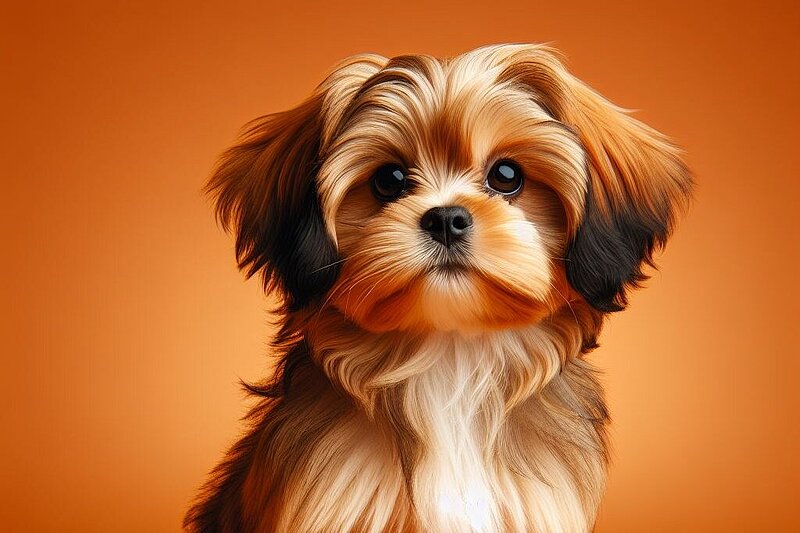The little lion: The little lions among the dogs
The history of the lion
The lion has a long and fascinating history dating back to the Middle Ages. Originally native to the countries around the Mediterranean, they were particularly popular with the European aristocracy. Illustrations and paintings from the 16th century show these small dogs at the side of their noble owners, often with the characteristic lion coat that gave them their name. Unfortunately, their popularity declined in the 19th century and the breed was on the verge of extinction. Thanks to dedicated breeders, however, the Löwchen was rescued and is now once again a valued companion dog.
Who is the Löwchen suitable for?
The Löwchen is an ideal companion for people of all ages, especially families and senior citizens. Thanks to their friendly and outgoing nature, they adapt well to different lifestyles. They are suitable for life in the city as well as in the countryside and can feel just as comfortable in an apartment as in a house with a garden.
Character of the lion
Lions are known for their cheerful and affectionate character. They are attentive, intelligent and extremely people-oriented. These dogs love to be the center of attention and are always ready to please their owners. They are playful and have a close bond with their family. They are also alert and raise the alarm when strangers approach, without being aggressive.
Appearance of the lion
The lion is a small breed with a compact and elegant build. Typical is the lion's shearing, in which the rear third of the body and the tail are shaved, while the front third and the head form a luxuriant mane. Their coats are long, soft and slightly wavy, and they come in a variety of colors, including white, black, brown and various shades of brown.
Grooming the lioness
Grooming the lion requires regular attention, especially when it comes to the coat. Here are some detailed grooming tips:
- Coat care: the long, silky coat needs to be brushed regularly to avoid matting. Brushing once or twice a week is ideal.
- Bathing: A bath every four to six weeks keeps the coat clean and shiny. Use mild dog shampoos so as not to irritate the skin.
- Lion clipping: The characteristic lion clipping should be carried out every few months by a professional groomer.
- Ear care: The ears should be checked regularly and cleaned if necessary to prevent infections.
- Dental care: Daily tooth brushing and regular check-ups at the vet are important to prevent tartar and gum disease.
Health of the lion
The Löwchen is considered to be a generally healthy breed with a life expectancy of 12 to 14 years. Nevertheless, there are some health aspects that should be taken into account:
- Patellar luxation: a dislocation of the kneecap that is more common in small dog breeds.
- Eye problems: Regular eye examinations can help to detect problems at an early stage.
- Skin problems: Due to the dense coat, skin infections or allergies can occur, but these can be well controlled with proper care.
Size and weight of the lion
Lions are small but robust. They reach a shoulder height of around 25 to 33 cm and weigh between 4 and 8 kg. Their compact build and low weight make them ideal companions for almost any living situation.
Need for exercise and city life
The Löwchen needs moderate exercise. Daily walks and playtime are enough to keep them happy and healthy. They are adaptable and well suited to city living as long as they get enough exercise and mental stimulation.
Training recommendations
Lions are intelligent and learn quickly. Positive reinforcement is the key to successful training. They are sensitive and respond well to praise and rewards. Early socialization and obedience training are important to build their confidence and avoid unwanted behavior.
Behavior with children and other animals
Lions are generally friendly and tolerant towards children and other pets. Their playful nature makes them great playmates for children. However, it is important to train children to interact with dogs and to supervise interactions to ensure that both child and dog are safe and happy.
Recognition by the FCI
The Löwchen is recognized by the Fédération Cynologique Internationale (FCI) and belongs to group 9 (companion dogs) and section 1.3 (small Belgian dog breeds).
